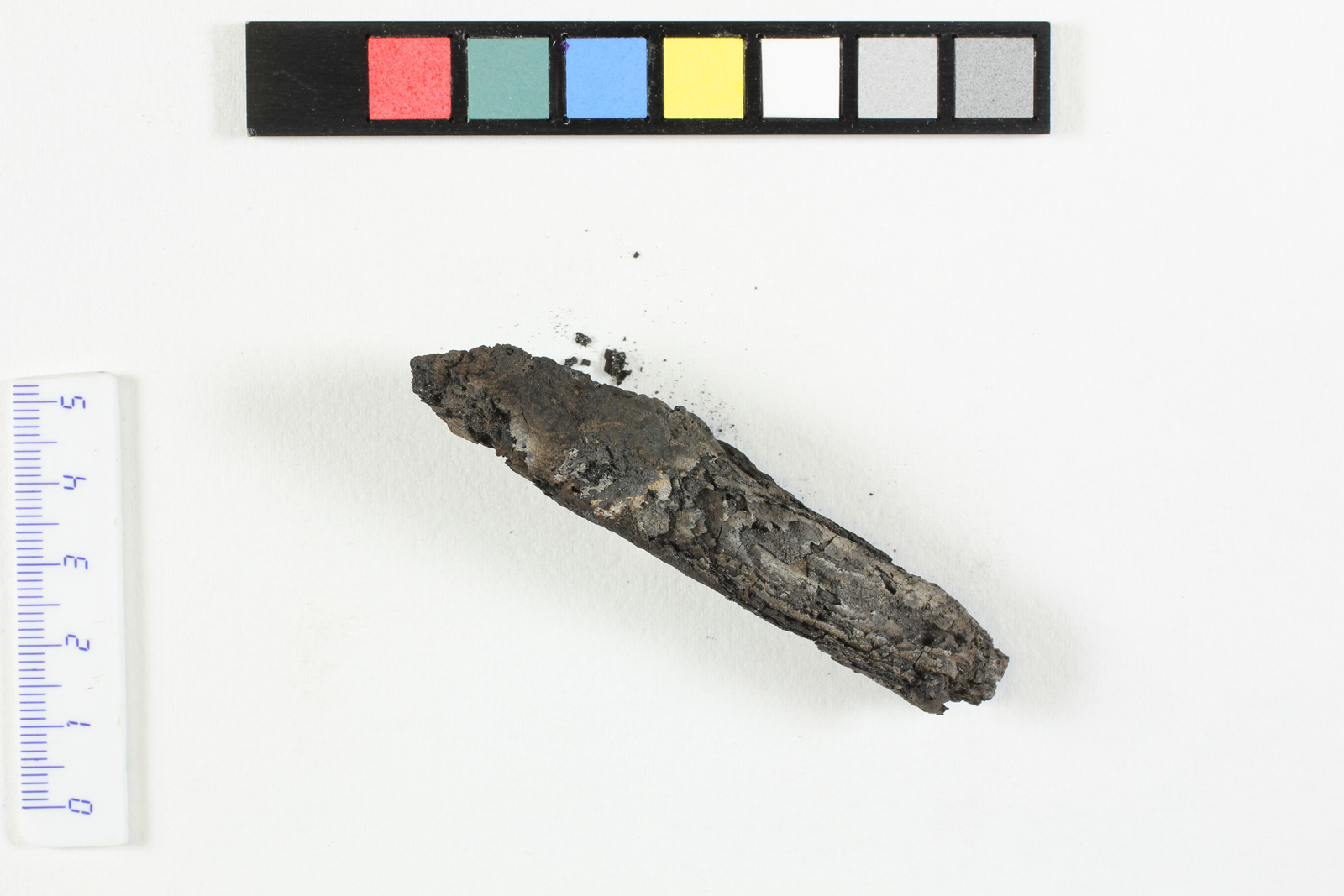
Intel's chief technology officer, Justin Rattner, doesn't own a smartphone. Well, not by his definition anyway. Talking in Tel Aviv, Rattner was evangelizing about the opportunities in machine learning, and outlining the goals of the firm's Collaborative Research Institute for Computational Intelligence. Working with Technion and the Hebrew University of Jerusalem, Intel plans to develop small, wearable computers that learn our behavioral patterns -- like where we left our keys -- and other things today's "smart" phones could never do. Intel's Israeli president, Mooly Eden, went on to claim that within five years, all five senses will be computerized, and in a decade, transistors per chip will outnumber neurons in the human brain. All that tech to stop you locking yourself out.
Intel research hopes to give computers human smarts, appreciate our idiosyncrasies originally appeared on Engadget on Thu, 24 May 2012 10:46:00 EDT. Please see our terms for use of feeds.
Permalink  Ubergizmo
Ubergizmo |
 Reuters
Reuters |
Email this |
Comments
 One of the many tragedies of war are the dangers that persist long after conflicts formally end -- dangers like abandoned minefields peppered with active, deadly ordnance. Buried landmines threaten the lives of ordinary people near former battlefield...
One of the many tragedies of war are the dangers that persist long after conflicts formally end -- dangers like abandoned minefields peppered with active, deadly ordnance. Buried landmines threaten the lives of ordinary people near former battlefield...
 One of the many tragedies of war are the dangers that persist long after conflicts formally end -- dangers like abandoned minefields peppered with active, deadly ordnance. Buried landmines threaten the lives of ordinary people near former battlefield...
One of the many tragedies of war are the dangers that persist long after conflicts formally end -- dangers like abandoned minefields peppered with active, deadly ordnance. Buried landmines threaten the lives of ordinary people near former battlefield...
 The scientific world is developing a knack for reading texts without opening them. Researchers in Israel and the US have conducted the first "virtual unwrapping" of a heavily damaged scroll, the En-Gedi scroll, to read its contents without destroyin...
The scientific world is developing a knack for reading texts without opening them. Researchers in Israel and the US have conducted the first "virtual unwrapping" of a heavily damaged scroll, the En-Gedi scroll, to read its contents without destroyin...


